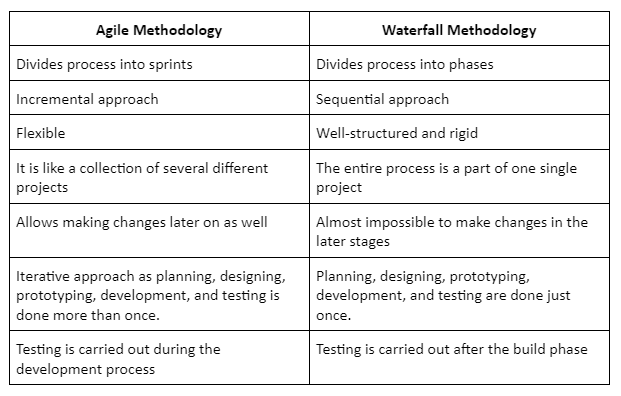What are the principles of agile software development and how do they contribute to project management and product delivery?
Blockchain technologies function as decentralized, distributed ledgers that record transactions across multiple computers. This decentralized nature ensures that no single entity has control over the entire network, enhancing security and transparency. Each transaction is grouped into a block, whichRead more
Blockchain technologies function as decentralized, distributed ledgers that record transactions across multiple computers. This decentralized nature ensures that no single entity has control over the entire network, enhancing security and transparency. Each transaction is grouped into a block, which is then validated by network participants (nodes) through consensus mechanisms such as Proof of Work (PoW) or Proof of Stake (PoS). Once validated, the block is added to the chain in a linear, chronological order, making it nearly impossible to alter previous records without consensus from the majority of the network.
Potential applications of blockchain extend across various industries:
- Financial Services: Cryptocurrencies like Bitcoin and Ethereum enable peer-to-peer transactions without intermediaries, reducing costs and increasing transaction speed.
- Supply Chain Management: Blockchain can track the provenance of goods, ensuring transparency and reducing fraud.
- Healthcare: Securely sharing patient records across providers while maintaining privacy.
- Voting Systems: Providing tamper-proof and transparent voting processes.
- Smart Contracts: Self-executing contracts with terms directly written into code, reducing the need for intermediaries.


Agile software development emphasizes flexibility, collaboration, and iterative progress, integrating customer feedback, adaptive planning, self-organizing teams, and continuous improvement practices through the following key principles: 1. Customer Collaboration: Continuous feedback ensures productRead more
Agile software development emphasizes flexibility, collaboration, and iterative progress, integrating customer feedback, adaptive planning, self-organizing teams, and continuous improvement practices through the following key principles:
1. Customer Collaboration: Continuous feedback ensures products evolve to meet customer needs, enhancing satisfaction and relevance.
2. Iterative Development: Projects are structured into sprints (1-4 weeks), facilitating regular reviews, adjustments, and incremental software delivery. This enables teams to swiftly adapt to changes and consistently deliver value.
3. Adaptive Planning: Plans respond dynamically to feedback and prioritize high-value features, optimizing resource allocation aligned with business goals.
4. Self-Organizing Teams: Empowered teams decide how to achieve goals, fostering creativity, ownership, and accountability for innovative solutions and heightened productivity.
5. Continuous Improvement: Sprint retrospectives refine processes, enhancing efficiency, quality, and team cohesion over time.
These principles promote transparency, adaptability, and responsiveness in project management and product delivery. Agile methodologies enable rapid value delivery, mitigate risks through early testing, and maintain alignment with customer needs throughout development. By emphasizing collaboration, iterative development, and ongoing improvement, Agile practices facilitate the delivery of high-quality products that meet customer expectations and adapt effectively to changing market demands, securing sustained competitive advantage in dynamic business environments.
See less